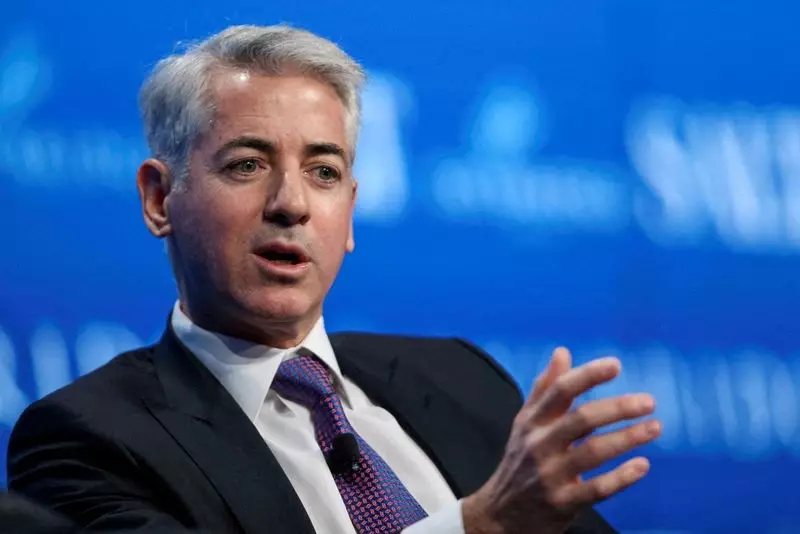Billionaire investor Bill Ackman made the surprising decision to cancel the launch of Pershing Square USA just days before it was scheduled to begin trading on the New York Stock Exchange. This move came after he had downsized the initial public offering (IPO) plans twice in a single week due to various issues. Ackman cited the withdrawal of a prominent pledged investor and increased regulatory scrutiny as reasons for reevaluating the fund’s structure.
In recent years, closed-end funds, such as the one Ackman was planning to launch, have fallen out of favor with investors. These funds often trade at a discount to the securities they hold, making them less attractive compared to other investment options. This decline in popularity is evident in the fact that no closed-end funds were launched last year, and only six were launched in 2022, according to industry data. Ackman’s decision to create a cheaper fund that mimics his hedge fund’s investments for U.S.-based investors was met with skepticism by potential investors.
Investors raised concerns about the fund’s structure and questioned where the new cash would be invested, especially at a time when the market was experiencing significant growth. Many wondered who would be responsible for managing the investments and whether investors would be better off waiting to invest in the aftermarket rather than participating in the IPO. Despite Ackman’s efforts to drum up interest in the fund through meetings with top hedge and mutual funds, investor enthusiasm remained limited.
Upon learning of Ackman’s decision to withdraw the IPO, other key players in the investment world, such as Boston-based hedge fund Baupost Group, decided against participating in the fund. Baupost, led by Seth Klarman and known for its discreet nature, choosing not to invest sent a negative signal to other potential investors. This move likely contributed to the overall lack of interest in Pershing Square USA.
Bill Ackman’s abrupt decision to cancel the IPO launch of Pershing Square USA highlights the challenges faced by closed-end funds in today’s investment landscape. Investor concerns about the fund’s structure, limited interest, and prominent players choosing not to participate all played a role in the fund’s ultimate demise. Ackman’s attempt to create a cheaper fund for U.S.-based investors ultimately fell short, showcasing the difficulties of launching such funds in a market that favors other investment vehicles.

